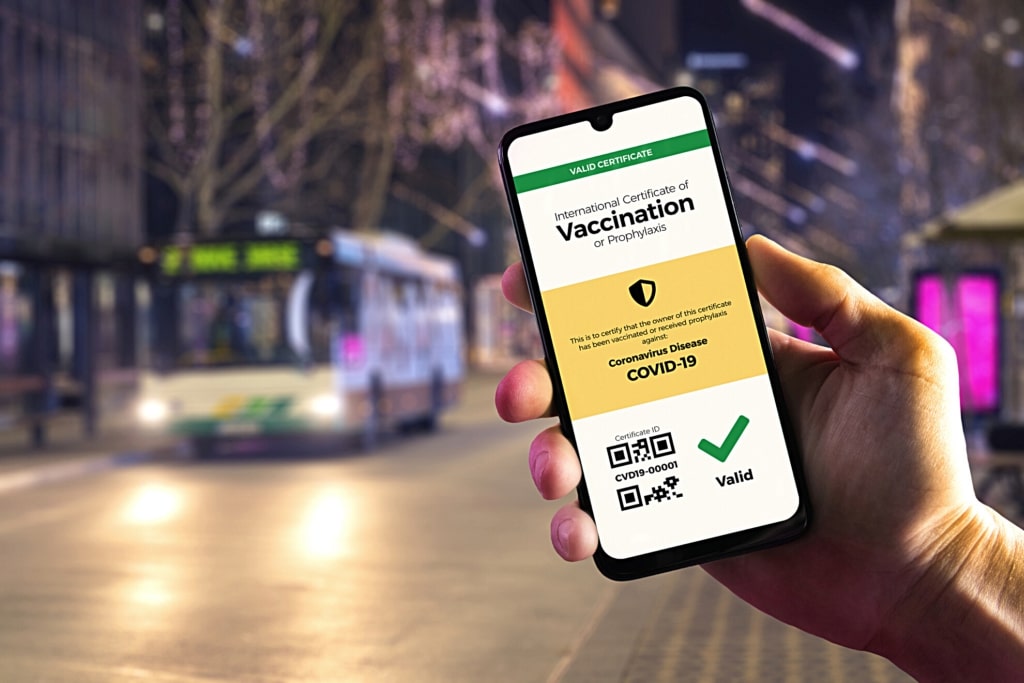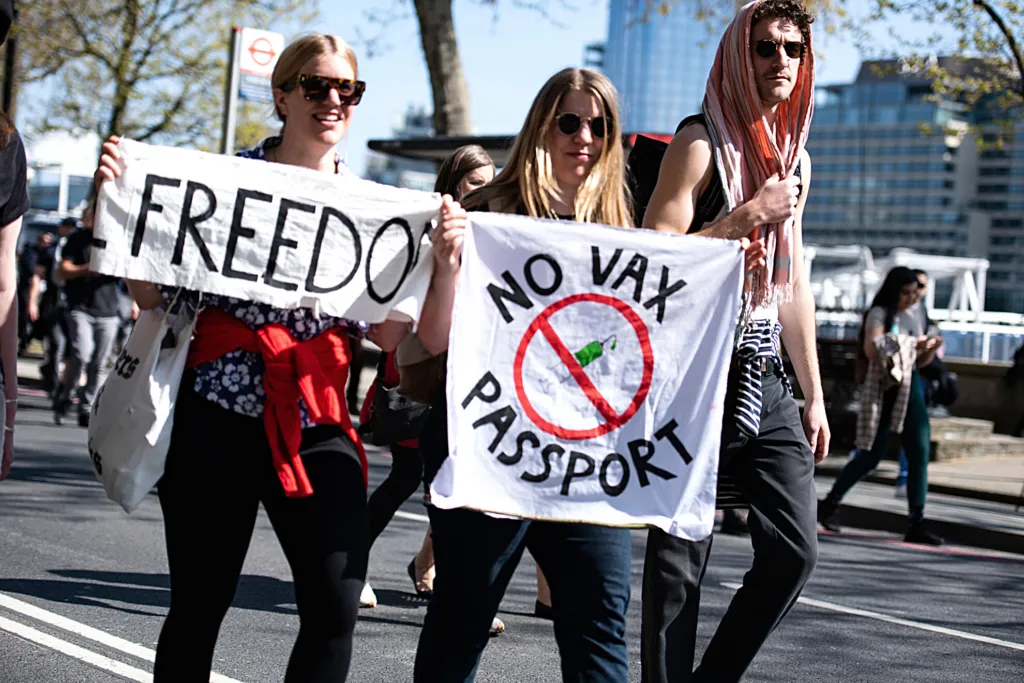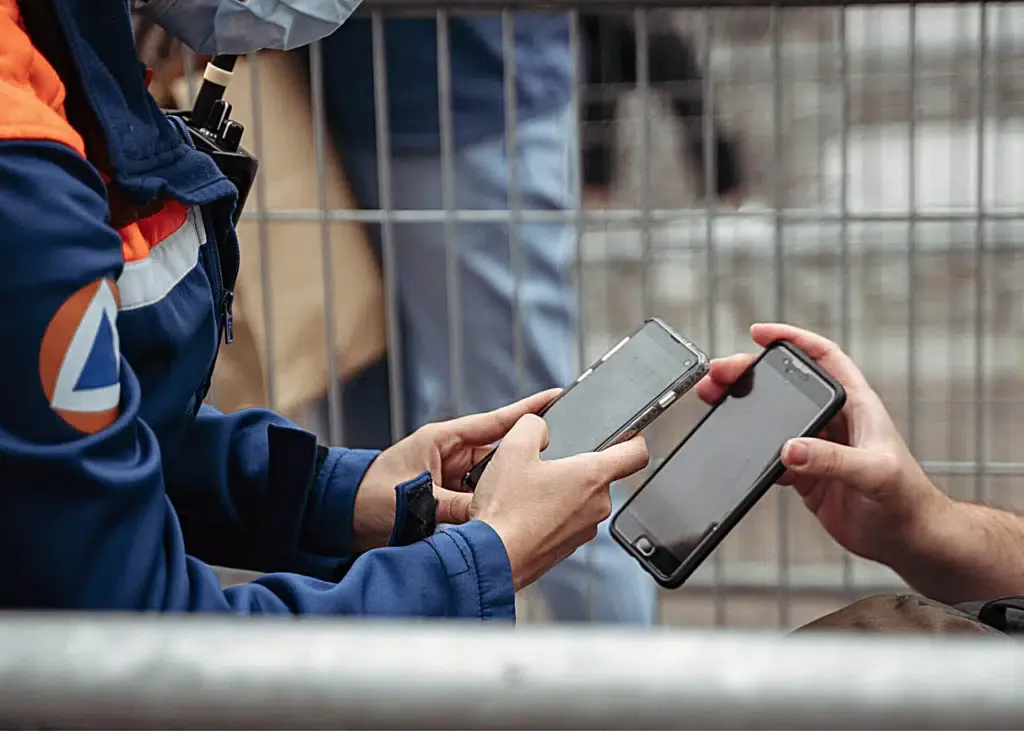- Advertise
-
Subscribe
How Effective are Vaccine Passports, Actually?

Once upon a time, UK Prime Minister, Boris Johnson, was calling vaccine passports ‘a matter of social responsibility’. US President, Joe Biden, was also engaging the help of tech experts to map out the blueprints of a nationwide vaccination certification system.
Fast forward a few weeks and the UK Health Secretary, Sajid Javid, confirmed that the country was scrapping them (excluding Scotland). Twenty two states in America also opted to ban the system.
And so the next hot thing became yesterday’s news.
What went wrong?
Not everyone is genuinely convinced the system will work

In a statement released in the wake of Johnson’s U-turn, The UK Music Venue Trust expressed their scepticism about the axed scheme’s effectiveness:
“Our issue with double vaccination certification […] was that it was highly unlikely to achieve improved safety above and beyond those measures already in place”
UK Music Venue Trust
Therein lies the problem. Ethical and economic issues aside, not everyone is convinced that such a system can actually work, given its numerous issues with set-up, enforcement, and monitoring.
It’s no secret that the World Health Organisation (WHO) has pretty much condemned vaccine passports in the past.

In a brief written in 2020, it was stated that there was ‘not enough evidence’ to back up the use of the system, going so far as to suggest that it might even do more harm than good if it encourages people to mix in large groups by offering a false sense of security.
Vaccine passports could be a one-way track to misplaced confidence
Is it any wonder, given that, as of September, it’s been reported that a double dose of the AstraZeneca vaccine is only 67% effective in preventing infection with the Delta variant?
Sure, Covid-related deaths are substantially lowered by vaccination. But considering the fact that they were never that high among the young demographic of night goers, it’s fair to say that a jab won’t diminish their risks as drastically as pro-vaccine government messaging might have them believe.
All of this contributes to the WHO’s fear: that vaccination passports are a one-way track to misplaced confidence.
It’s not hard to see where they’re coming from when you hear the vaccine ad commissioned by Covid Comms:
Following the journey from doctor’s chair to dancefloor, the spoken word piece paints a vision of diving out the vaccination centre straight into your favourite social activities – from football games to late-night raves and smooches on your friend’s sofa.
Notably, it neglects to warn viewers that socialising when vaxxed still runs the risk of Covid infection. Or that their immunity will not last forever. Or that scientists still aren’t sure at what stage antibodies are at their most powerful.
Many countries across Europe have still ploughed on, undeterred

Although the UK government might have been discouraged by mounting evidence in favour of scrapping the passports (for nightlife purposes), other countries across Europe have ploughed on undeterred.
Austria, Belgium, Bulgaria, and Germany all require negative PCR tests or proof of vaccination to attend crowded venues like nightclubs or festivals – to name a few.
Perhaps the UK will be one among many countries leading the charge of abandoning ship, joined by fellow U-turners Spain, Sweden, and Denmark.
Or perhaps it won’t, given the passports’ apparent success in encouraging vaccine take-up in countries where hesitancy was high – such as France, which has now administered over 88% of adults with their first dose. This statistic comes in spite of the 60% of citizens who stated that they were unsure whether they wanted to get jabbed at all in a poll last December.
Can we say “we should be backing them” without hesitation?
Amidst the uncertainty, one thing remains clear: the opinion that “we should be backing them” without hesitation is an unpopular one at best, and a misinformed one at worst.






